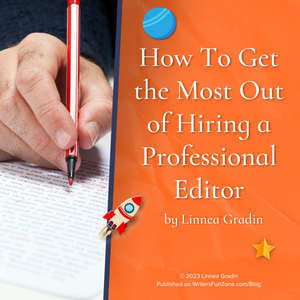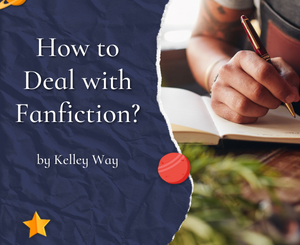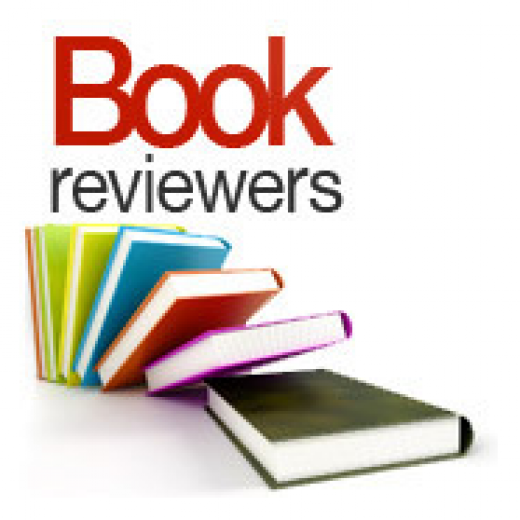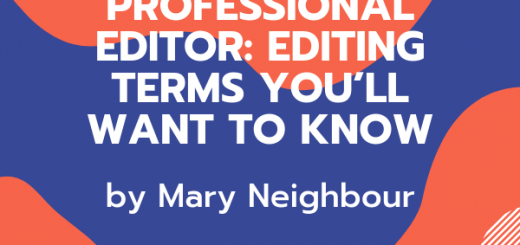How To Get the Most Out of Hiring a Professional Editor by Linnea Gradin
 Let’s welcome back Linnea Gradin as she shares with us “How To Get the Most Out of Hiring a Professional Editor.” Enjoy!
Let’s welcome back Linnea Gradin as she shares with us “How To Get the Most Out of Hiring a Professional Editor.” Enjoy!
***
Hiring a professional editor is a fantastic way to make sure you’re telling your story the best way possible, but it’s also no magic fix; regardless of how much you pay or how experienced they are, editing is a collaboration between two parties and responding to edits is a skill in and of itself.
The more practice you get, the better results you achieve.
With that in mind, I’ve put together a list of four things to keep in mind to get the most out of your next editing collaboration.
Make Sure You’re Ready
To give yourself the best circumstances, it’s important to do some groundwork.
It’s a common misconception that an editor’s job is to catch all your sloppy mistakes and plot holes so that you don’t have to fix them yourself.
But if you’re going to spend your hard earned cash on getting a professional opinion, would you rather they fix things you could have fixed yourself, or bring your attention to things you had no idea needed fixing?
To that end, it can be helpful to put your manuscript through at least a couple of rounds of self-editing before you send it off to an editor. You can also ask a trusted friend or beta reader to take a look, if you want a second opinion on whether it’s ready for the next step.
Besides your manuscript, it’s also important that you ask yourself whether you’re ready.
- Are you ready to receive feedback that you might not want to hear?
- Are you ready to kill some darlings?
- Are you clear on what you want to say with your writing?
If you are too protective of your work or don’t know what the end goal is, it’s easy to get lost in the sauce and miss out on some of the valuable insights an editor can bring to your work.
Research Your Options
If you’re ready to find an editor, it’s time to research your options so that you don’t just hire the first one with an impressive CV that walks through the door.
An editor who has worked with Stephen King might be a pro, but won’t necessarily be the best fit for your romance novel, for instance.
So, look around for editors that specialize in your genre and, perhaps, have worked with authors whose style you admire.
Another part of researching your options is scouting different editors to find ones with editing rates that fit your budget.
Noone’s budget is limitless, so be clear on what your ideal expenses would be, and how much you’d be willing to budge to land your dream editor.
Most professional editors will charge somewhere between $0.015–0.040 per word, depending on the type of editing your manuscript needs and their own level of experience.
Proofreading rates are often lower than developmental editing rates, for example.
Getting an editor who’s a good fit for you can make a huge difference for your book and really elevate your writing to the next level, unlocking possibilities you didn’t even know existed within the story, so it’s definitely a worthwhile investment.
Communicate Your Editing Preferences And Needs
Once you’ve compiled your shortlist of promising candidates, it’s time to reach out to them to see how they feel about your project and whether they have availability to meet your turnaround needs.
This is an opportunity for you to suss out if you’ll truly be a good match or not!
Some editors will outline their process and style in their first email, but if not, this is something you should definitely ask about.
Clearly describing your project and the type of editing you’re looking for, as well as establishing your expectations will make for a smoother overall process and help eliminate any nasty surprises halfway through the editing experience.
It also helps establish trust, while giving you both a common goal to work towards: your editor needs to understand your vision for the story and motivation behind it in order to advise you on how to best tell it.
Which brings me to my last point.
Trust The Feedback You Receive
I’m not saying you should blindly trust the feedback you receive from your editor; editing, just as much as reading, is a subjective process and though a professional editor will certainly be better positioned than most to know what a story needs, there are no black-or-white answers in literature.
But if you’ve established clear communication with your editor from the get-go, it’s more likely that you can have a constructive dialogue and find solutions that you both think will elevate your text.
This is often much more beneficial for everyone involved than the editor dictating how it should be and you accepting everything they say as a truth universally acknowledged.
Saying that, there are some things that you can comfortably sit back and trust your editor to be right on. Knowing where to draw that line is something that comes from practice and — you guessed it — communication.
Happy editing!
***
ABOUT THE AUTHOR
![]() Linnea Gradin writes about writing and publishing over at Reedsy — a website that connects authors with freelancing publishing professionals and gives advice on everything writing and (self)publishing-related.
Linnea Gradin writes about writing and publishing over at Reedsy — a website that connects authors with freelancing publishing professionals and gives advice on everything writing and (self)publishing-related.







Great advice! Thanks, Linnea!